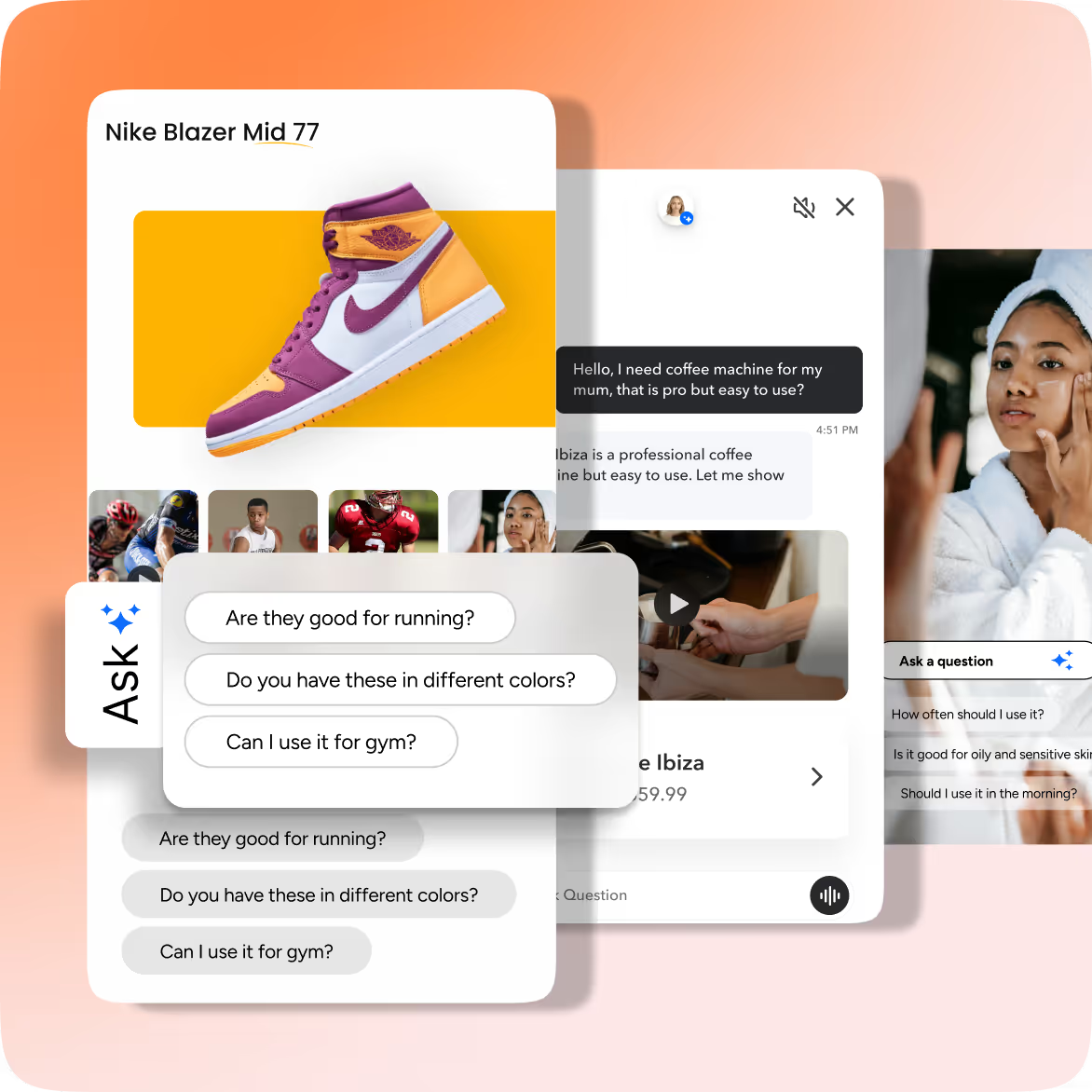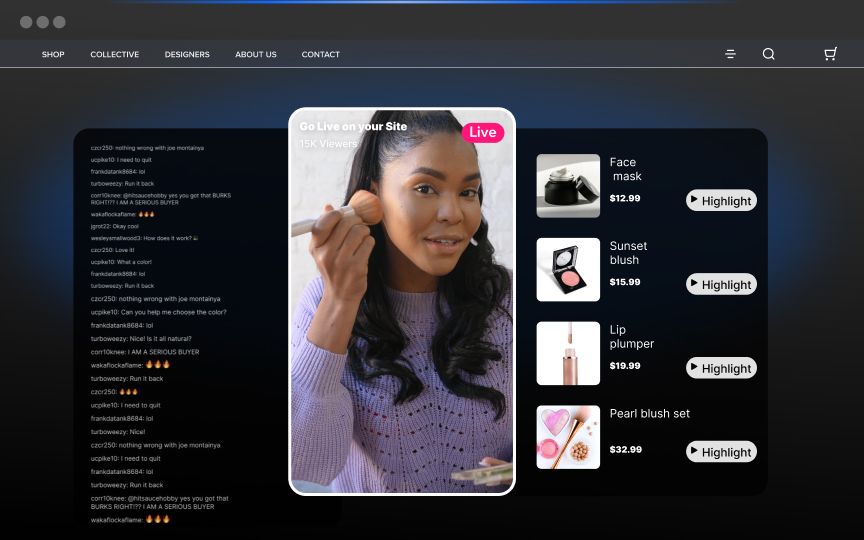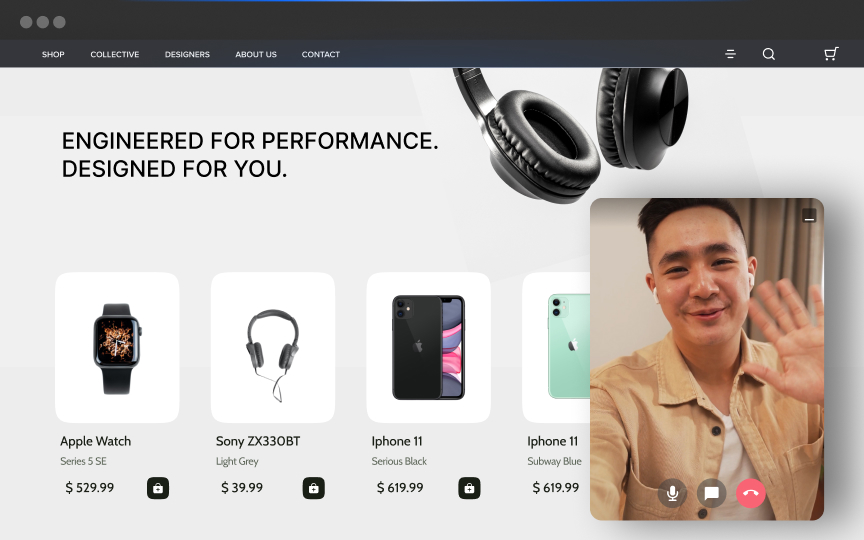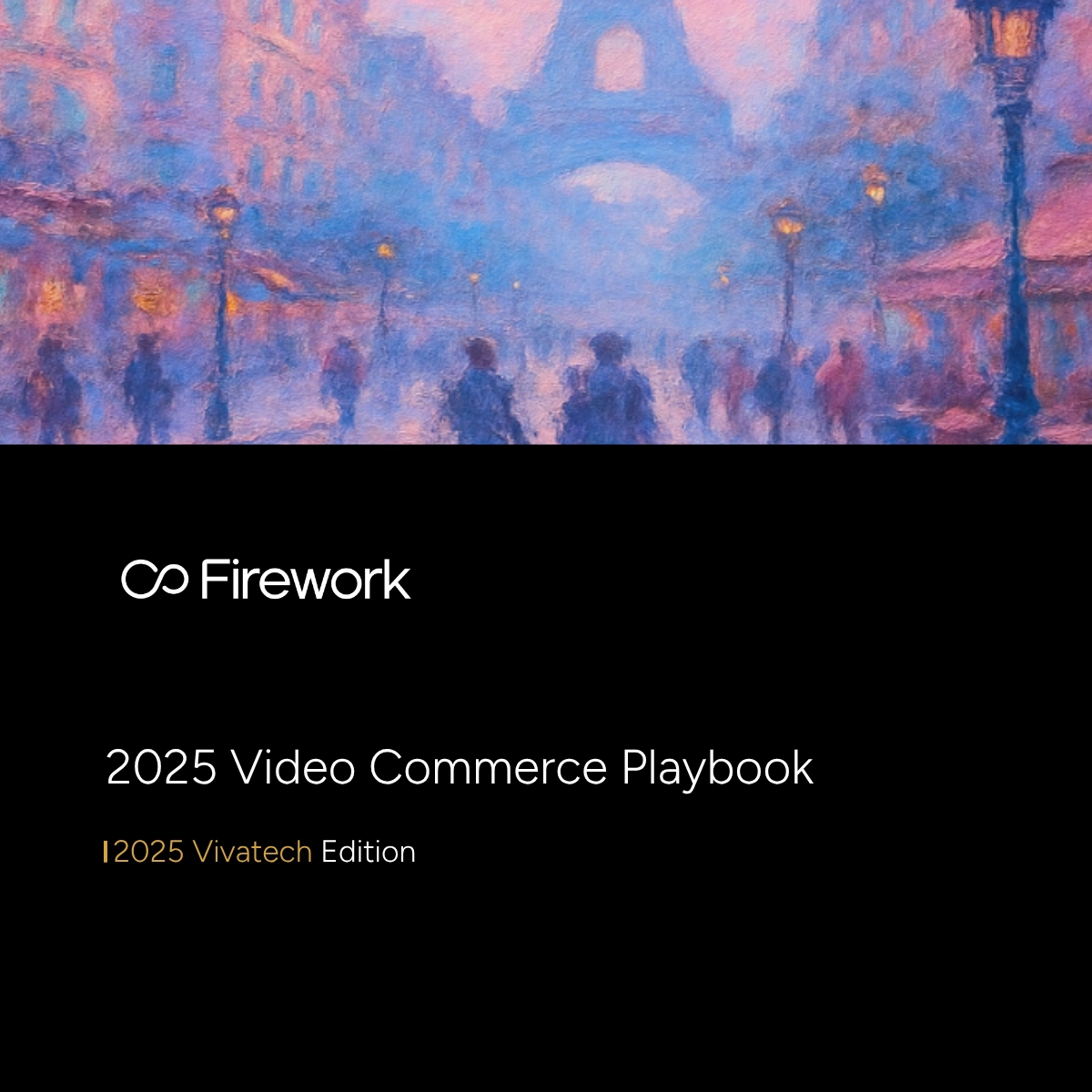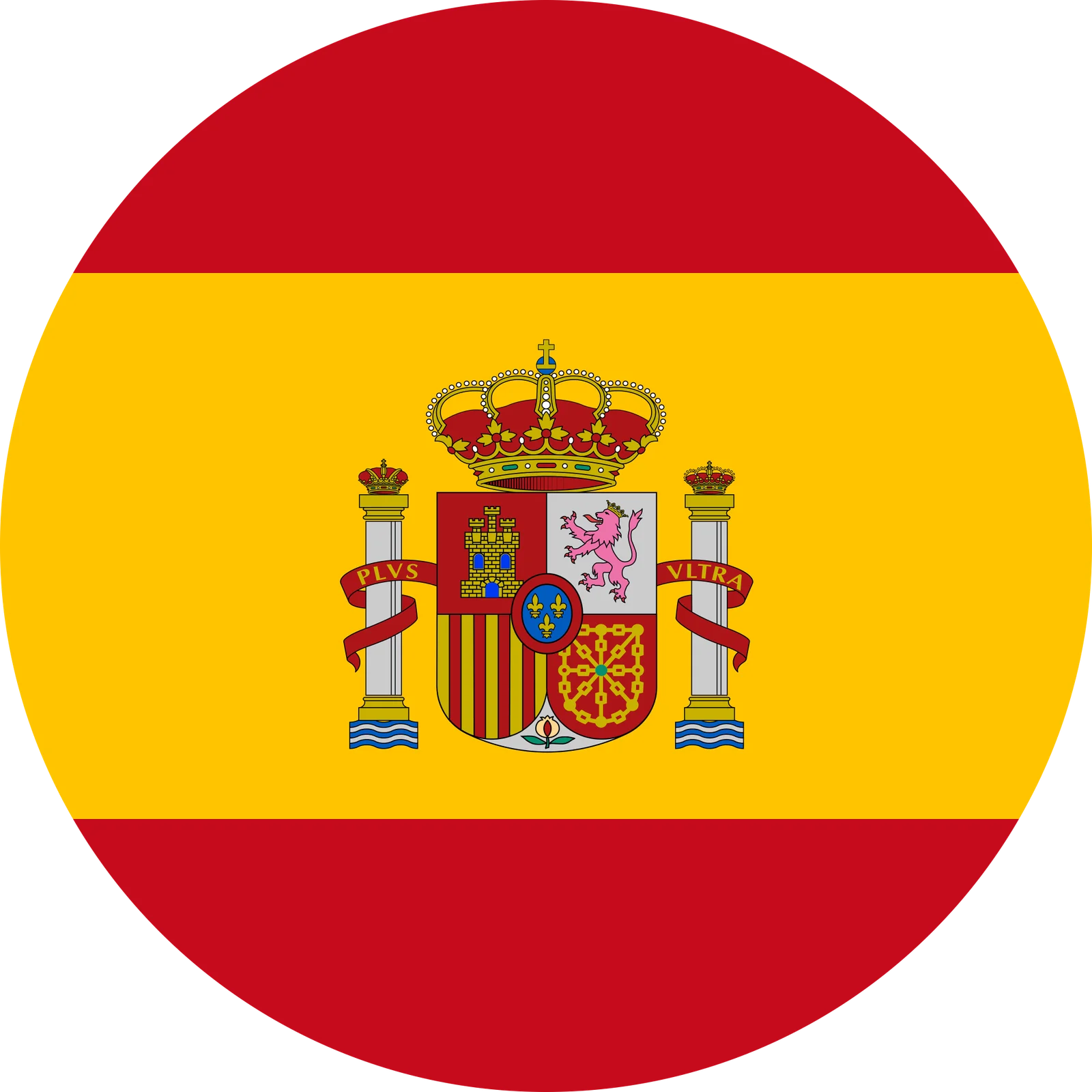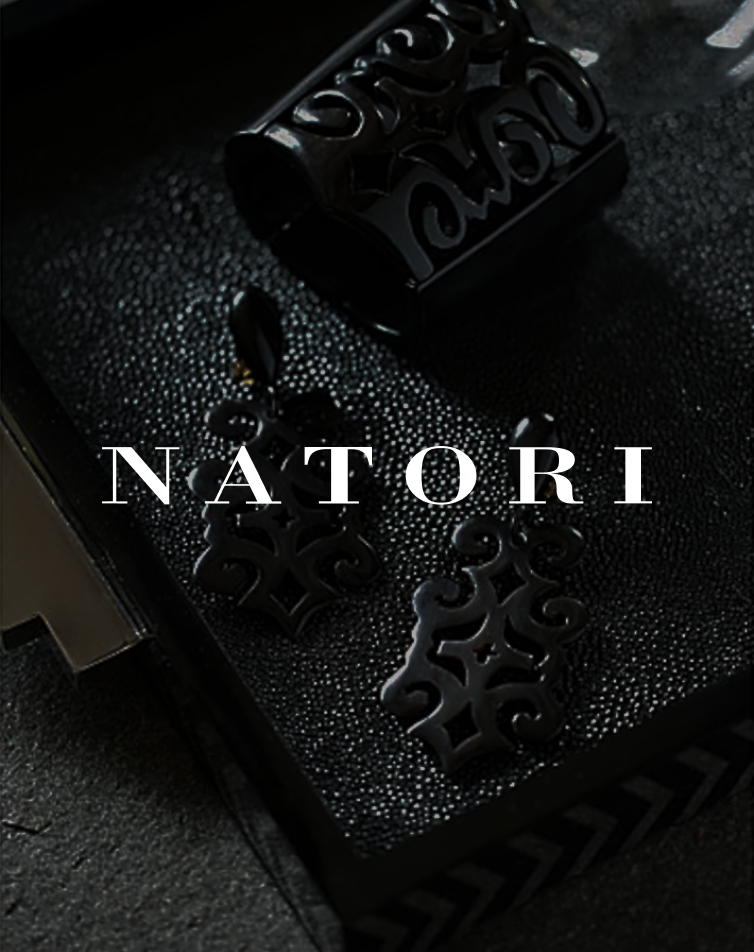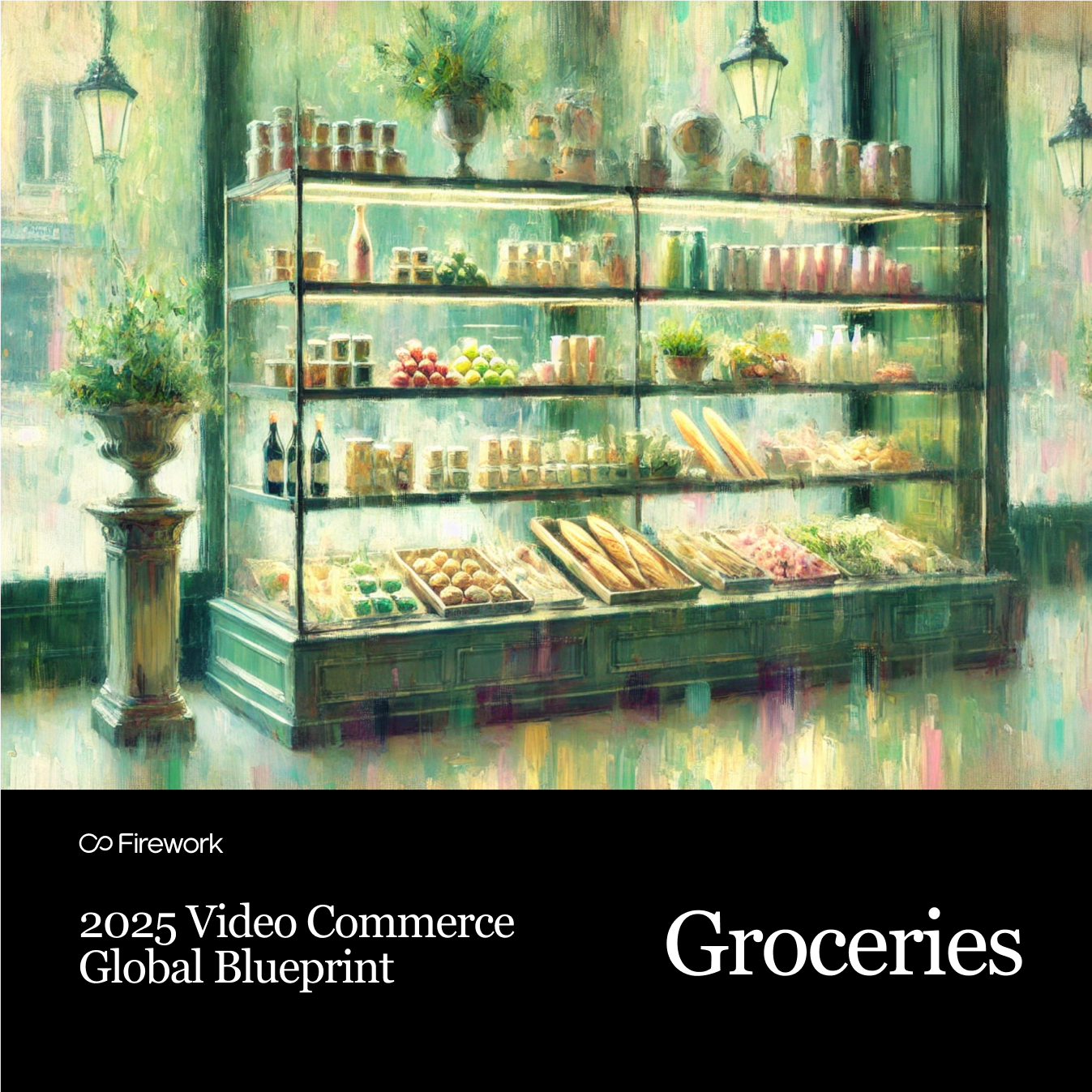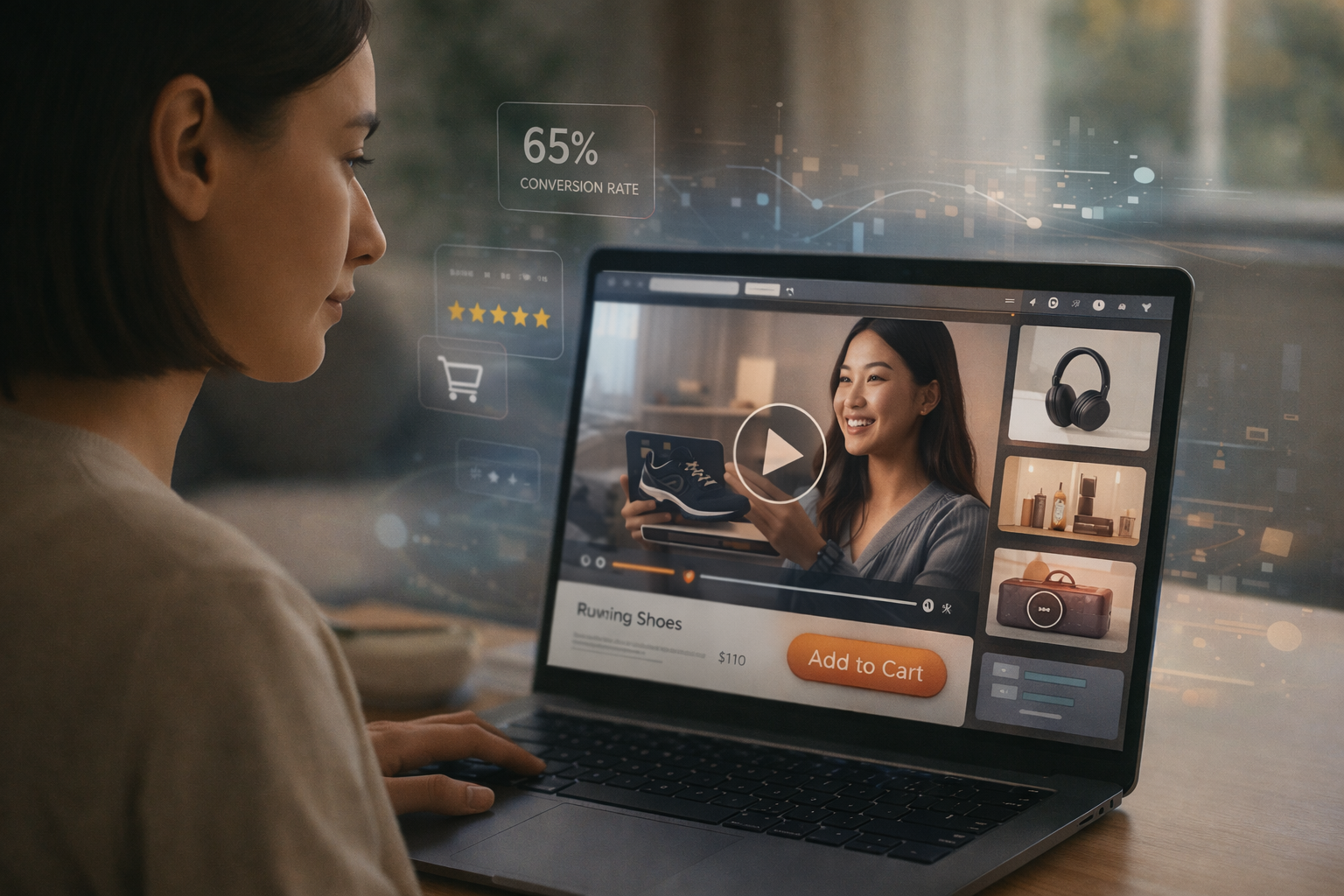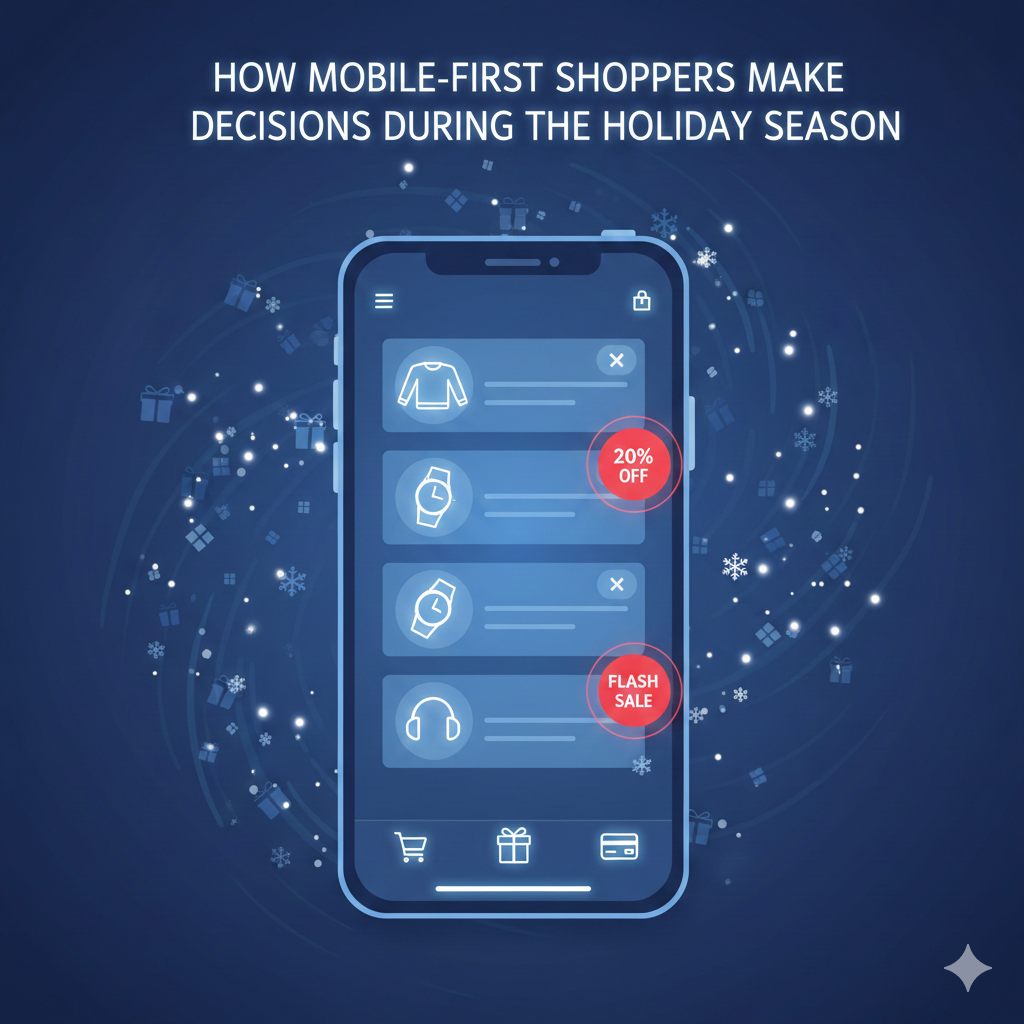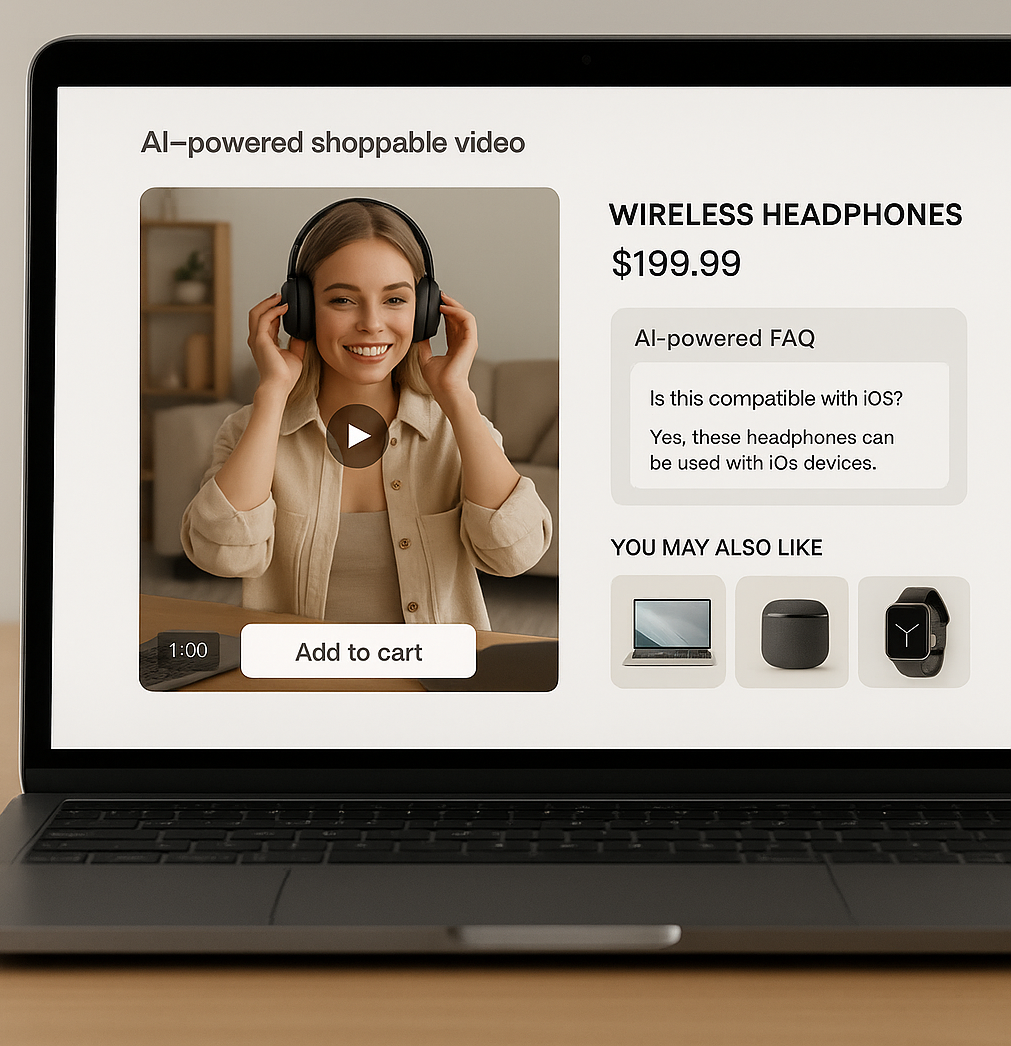Live commerce integrates instant buying of a featured product and audience interaction through a chat function or response buttons. That’s a one-line definition of it—now let us dive deeper into it.Every day we stand upon the new digital ground—a new trend, a new idea, a new perspective—and it changes how we create valuable experiences. Now more than ever, it is important to be creative in how we do our business.Moreover, online shopping has proven to be the most suitable way for customers to buy services and products. Since then, there has been a steady decrease in the customer attention span, leaving brands with merely 3 seconds of convincing time. Making it all the more difficult to get the recognition it deserves. While shopping at a convenient time and place with one-click payment is quick and easy, what is lacking for customers is the experience. Remember, consumers have become more demanding of the online shopping experience. Merely listing a collection of products with unidimensional pictures on a static website no longer cuts it. Audiences using Netflix and Instagram Reels expect dynamic, amusing online shopping experiences.
So, how can you stand out in this digital-first world?
To capture a piece of the online pie and stay at the top of the customer’s mind. Brands today must offer differentiated digital shopping experiences. In addition, they must replicate the in-store shopping interaction, engagement, community, and excitement.By combining the convenience of online shopping with livestreaming, live commerce is helping brands create an integrated environment that will bring online stores to life.Cisco’s Annual Internet Report shows that by 2022, around 82% of the internet will be used for streaming video!Research shows that live commerce market size grew by a whopping 76% during COVID-19. As physical shopping became challenging, Live Commerce helped consumers get closer to the physical shopping experience. That too from the comfort of their homes, thus giving rise to a 'phygital' shopping experience.

Fig: Video Commerce Global Market Size
What is Live Commerce?
Live commerce is the combination of livestreaming and online shopping. Here, customers join a Livestream to interact with the brand and other consumers and make instant purchasing decisions. It's an excellent way for consumers to connect with the brand, interact and ask questions about the product. Some brands engage a celebrity influencer to promote their products on the live stream. Influencers or presenters on the stream may use and impart the proper knowledge about your product. As a result, it will be viewable to thousands who can interact and convert from potential consumers to active ones.Customers see the live demo of the product working and purchase them spontaneously. They can even interact with the brand personnel to know more about their offerings. Moreover, the visual process of live streaming is more dynamic and keeps the customers’ enthusiasm alive. In contrast, routine online shopping does not retain customers’ attention for long.
With Firework, you can break away from social media platforms to create a fully customizable, highly-immersive live video shopping experience on your website. This way, you have complete control and ownership over the audience data to deliver hyper-personalized experiences. As shown in the visual livestream shopping example below:
Why Live Commerce?
Having consumers recollect a brand is a huge deal in an environment with cutthroat competition. With brands trying to better their relationship with their consumers, it all boils down to offering an experience and increasing engagement. Live commerce app helps users to interact in a live online shopping session, makes the interface easier to navigate, and attracts different audiences.
Korean Fashion Clothing Company LF Corp saw a 30% increase in sales yearly (since 2015) using live commerce shopping. According to Business Standard, the beauty and fashion industry could drive India's live commerce industry to a whopping growth of $4-5 billion by 2025. According to McKinsey, millennials constitute 31% of the US live stream audience, while boomers make up 25% of the chunk.
Eventually, in the next ten years, the live commerce market is said to be the standard for a brand to engage with customers to share its products and services. As it is the easiest way to connect, collaborate and communicate.
Types of Live Commerce
1. Online Marketplaces
While online marketplaces provide the convenience of time and place, livestreaming commerce gives it a step up by making live consumer interactions possible. Consumers can ask questions about a product through an open communication channel. Furthermore, it will help consumers in the decision-making process through a more straightforward format, all the while still being in their comfort zone.
2. Live auctions
The bidding community is vast and expanding. A live commerce platform allows viewers to engage in live online auctions that result in proper valuation with real-time bidding while maintaining the thrill of buying. To emphasize, 18th-century auction houses like Sotheby’s and Christie’s are also joining the livestreaming eCommerce bandwagon.
3. Tutorials
Hosting a Livestream shopping that demonstrates product application is what most beauty and skincare brands have tapped into. Tutorials not only help to explain a product in detail, but the tutor also gives out the proper knowledge on the subject with tips and tricks that adds value to the viewer's time.
4. Live Events
They have helped brands such as Kraft Heinz to reach above their target audience from all over the world and drive traffic to their website with increased awareness and recollection of the brand and product, making the promotional and purchasing platform the same.
Top Five Benefits of Live Video Commerce
1. Enhances Customer Engagement
Incorporating live commerce into promoting a product or service increases the scope of creativity. Video content allows users to express themselves, and with the power of features, customers can engage with brands. During live events, two-way chats boost real-time engagement without the need for customer service staff 24x7. Likes and reactions build a sense of participation and excitement in the shopping experience.
2. Increased Sales
Real-time or live commerce comes along with a one-click purchase feature that allows the buyer to make the purchase directly from the brand’s website. It also makes your promotional content platform friendly. It can be shared on different platforms, increasing reaction, recognition and recall value.
3. Better tracking of marketing metrics
Live commerce can become a vital tool to measure customer behavior. Apart from tracking numbers, it helps calculate the impact that a campaign may create. Plus, the data collected can help brands deliver the kind of content, product or services to customers they need.
4. Full funnel engagement
The journey to make a viewer aware of the brand, understand its product and identify the need for it is what live social commerce is all about. Using an influencer for the same gives the brand an already existing viewer base with a pre-acquired trust. Therefore, increasing the pace of connectivity and merging of audiences.
5. Digital transformation with live commerce
Integrating Live Commerce on your website revamps it completely! Aside from adding something new to your website, it is easily accessible, which increases the browsing time a consumer usually spends on a product website and provides clarity of thought. As a result, it increases sales and cuts competition.
Insights From Four Live Commerce Examples
1. Nordstrom:
The brand organized 50+ Livestream events, some of which include the Burberry Virtual Styling Event, Spring Beauty Trend Happy Hour, Charlotte Tilbury Personal Appearance, and many more. Nordstorm strategically planned all its styling and beauty content to Livestream and amp it up with regular guest appearances. It also adapted to this form of content creation and is leading in its industry.

2. Tommy Hilfiger:
The brand partnered with Flowics’ cloud graphics and audience participation platform to bring the live social commerce experience. They featured real-time models to showcase items from their collection, which viewers could buy directly through the clickable button on the video format. The viewers could vote on their favorite designs, patterns and styles throughout the program. The results are shared live on the air, which keeps the audience engaged.

3. Kraft Heinz:
The brand partnered with Firework to promote their first-ever pop-up for Halloween. Here the theme was having fun with costume creations using “tomato blood” ketchup.

The campaign consisted of a Livestream event anchored on Heinz’s website and strategic event distribution through media placements on publisher sites driving traffic to the experience. The breakthrough campaign was recognized with two prestigious industry awards. The Livestream got 1,544 engagements, delivering a 7% live-stream engagement rate.

4. Davidoff Cigars:
The brand conducted its first ever Livestream by partnering with Firework, which was hosted by Suraj Bajpai in the Taj Mahal Palace, India. The stream talked about the art of making Davidoff Cigars and was enjoyed by people of interest and engaged about 70k to 80k viewers during the session.

5. Other Brands Like Douglas & Ola:
Germany's beauty brand Douglas Cosmetics regularly uses live stream videos to promote its products. They experienced a 40% conversion rate by using the tutorial and unboxing videos.India's Ola electric scooter was launched via live stream in 2021 and attracted more than one lakh orders in the first 24 hours.
Clear Your Misconceptions About Going Live
While starting with your live commerce journey, you may have many misconceptions. It's essential to be aware of them to create a better live-streaming campaign for your business.Below are four common misconceptions about going live:
1. Social Media is necessary to go live
The bare essentials to go live will include any platform allowing audio-visual content sharing. A great place could be the brand’s website.
2. Content creation is tricky
Creating professional looking videos is now fast, easy and economical. With the Firework studio, find attractive templates that can be revised according to your needs with a set of editing tools.
3. A live commerce campaign won't succeed without an influencer
A Livestream doesn't require an influencer but someone who possesses the proper knowledge about the product and who will be able to interact with the consumers.
4. A live video commerce medium is complex
The production of a video stream can be completed with minimal equipment, which includes a high-definition camera and mic along with someone who will be running the Livestream.
Live Commerce Best Practices to Follow
To help you with an error-free kick-start on your journey of using Live Commerce. We have made a list of best practices that you can now follow:
1. Determine what you want to offer
Understand which products and offerings you want to project through the livestream commerce route and identify the vendor that best serves the purpose.
2. Leverage Storytelling
Adopting a storytelling approach makes the Livestream process natural without too much scripting.
3. Pre-Launch Giveaway
To attract a maximum audience, you can promote the Livestream well beforehand on social media and incentivize people to attend the Livestream through giveaways.
4. Take Your Time to Deliver
Don’t pressure yourself to follow a definite time frame. Be flexible; go on with the stream until you feel you have covered all aspects of your product.
5. Onboard a Celeb
Bringing celebrity guests can increase the popularity of your show.
6. Call to Action is Crucial
End with a catchy call to action as to what the customers should do next.
7. Integration Decisions
Technical integration is a challenging aspect of livestreaming where you need to connect to third-party applications like Shopify and WooCommerce. But, with Firework, you can easily insert a line of code on your website and start the Livestream.
Performance Enablers for a Successful Live Commerce Campaign
1. Technology
The choice of technology mainly depends upon the scale of the Livestream to be organized, along with the choice of platform.Keep in mind that there is a difference between hosting a Livestream and delivering an eCommerce feature. Target audience, interaction features, commissions, etc., must be considered. A partner brand that can switch between and modify its service according to the product needs would be best suited.
2. Tracking
Live tracking informs brands precisely who and how many people attended the Livestream and for how much time. It helps record the whole session, which can later be shared with other platforms for better utilization. The customer interaction on the Livestream gives an immediate reaction of the customer and their thoughts on the product that turns into helpful insights for the brand for ongoing progress.
3. Marketing
It’s crucial for a significant audience to turn up for the Livestream to market the event thoroughly. Shout-outs by different influential personalities are one way while sending notifications and alerts via emails, messages and app notifications is another. Keeping in mind to market to the right target audience.
What's Next For Live Commerce
1. Gamification and Interactivity
Live commerce will help build a customer base for brands across the globe with engaging Virtual Reality (VR) experiences, letting them have an in-person experience while buying items from afar but with the same level of trust and confidence. Furthermore, Augmented Reality (AR) will take the lead in the future. For example, you can point to a camera and try on some shoes to match them with your outfit and buy only what works for you.
2. Blockchain, NFTs, and Crypto
The retail sector is booming with video productions and will likely be technology driven. Nike, for instance, recently acquired the NFT and virtual shoe company RTFKT to prepare for the trending metaverse.Henceforth, there will be buying and selling of virtual assets like clothing for avatars in cryptocurrency and NFTs.
Final Thoughts: Use Live Commerce to Win More Customers
To summarize, the more customers interact with you online, the better the chances of instant purchases. Companies that use live commerce as their strategy have conversion rates 10x higher than traditional eCommerce, which will continue to increase with the constant development of technology. What's more? The future for live commerce is bright, and with more people interacting and looking for an online shoppable experience, it will soon become the standard.Try Firework if you want the right platform to build your live-streaming video. Contact us to take your live commerce experience to the next level!
Unlock Exclusive Insights
By submitting this form, you agree to Firework's privacy policy and consent to receive personalized marketing communications. You can unsubscribe at any time.
